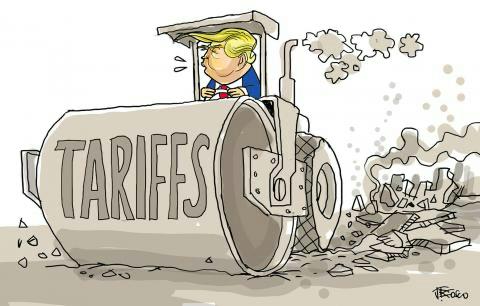AirBnB TYD Article

Are AirBnB’s killing long-term rental markets?
The emergence of short-term rental sites like Airbnb has prompted a lot of controversy about how they affect long-term rental markets. Airbnb gives homeowners a way to make money and guests a place to stay that works for them, but it also makes people worry about how affordable and available housing is for people who live there.
Research shows that when there are more Airbnb listings, rentals and property prices go up. For example, when the number of Airbnb listings goes up by 1%, rents go up by 0.018% and housing prices go up by 0.026%. This trend is stronger in places where fewer people own their homes, since houses are more likely to be used for short-term stays instead of long-term rentals.
The move toward short-term rentals can make it harder to find long-term housing, which makes it even harder to afford. Housing shortages have gotten worse since thousands of units have been taken out of the long-term rental market in cities like New York and San Francisco. Regulators around the world have reacted to this event. To deal with worries over housing costs, Spain’s government told Airbnb to take down more than 65,000 unlawful vacation rentals.
To protect housing availability for inhabitants, cities in Switzerland, like Lucerne, have put rules in place to limit short-term rentals to a maximum of 90 days per year.
Airbnb has economic benefits, but we can’t ignore its effects on long-term rental markets. To make sure that housing stays inexpensive and available for everyone, there needs to be careful regulation that takes into account the needs of homeowners, travelers, and local communities.
– By Marko Markovic
